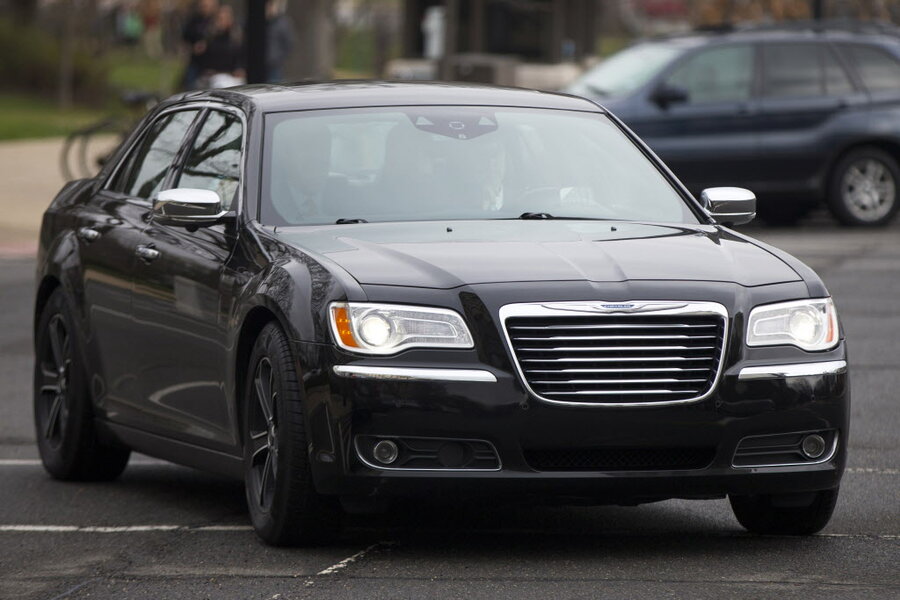The success of autonomous cars will depend on how fast we upgrade our roads
Loading...
In writing about autonomous cars, we tend to discuss the advances in (or shortcomings of) self-driving technology. We make assessments based on how well (or how poorly) autonomous vehicles have learned to drive like humans.
But a recent article in Wired suggests that the success of autonomous cars shouldn't depend on automakers building cars that perfectly mimic human motorists. What would be the point of that, anyway? No, autonomous cars have their own strengths and weaknesses, and to adapt, we'll have to think more like autonomous vehicles and tweak the infrastructure to accommodate them.
Adapting to change
In many ways, autonomous cars are superior human drivers. For example, they don't have blind spots, and they don't get distracted, both of which are frequent causes of accidents. By some projections, autonomous vehicles could help eliminate 80 percent of the 30,000+ traffic fatalities recorded in the U.S. each year.
However, like most software, the code underlying self-driving vehicles performs poorly at many things humans do easily. It can't, for example, interpret hand signals from workers in construction zones. It can't accurately determine the color of a stop light if the sun is directly behind the light. And it can't assess situations to see the potential for danger before it becomes an actual danger--for example, it can't notice a pedestrian who's distracted by a smartphone and may walk into a busy intersection.
Over time, as artificial intelligence improves, autonomous cars will learn to deal with such problems. In the short term, however, we can take steps to make self-driving vehicles safer and more reliable.
Many of those steps involve making changes to our infrastructure. For example, equipping construction crews with electronic beacons to help direct traffic, rather than solely relying on hand signals. Another shift that's often discussed is installing such beacons at intersections, giving autonomous vehicles clear signals to stop and go.
Also, roads will need touching up with new paint, reflectors, or other markers to help autonomous vehicles stay in their proper lane. And of course, allowing autonomous vehicles to "talk" to one another could eliminate many accidents and traffic jams.
Of course, none of those changes will be free. Our governments will need to allocate money for infrastructure upgrades--money that will likely be saved through a reduction in traffic accidents and congestion, but still, up-front expenditures.
(It's worth noting here that the article in Wired was written by staff from automaker Baidu, which has a not-so-secret interest in selling autonomous vehicles and, therefore, a not-so-secret interest in encouraging governments to shell out for infrastructure upgrades.)
Our take
The transition to autonomous cars won't take place overnight. Many automakers have announced plans to sell self-driving vehicles to consumers around 2020, but it will take far, far longer--several decades, likely--before the last human-driven vehicle shuts off its engine for good.
During that transitional period, we're going to have to learn to accommodate self-driving cars. Some drivers will no doubt chafe at the idea--"Let 'em learn to drive like us, we were here first"--but we know that's a losing argument. As our new robot overlords might say, "Resistance is futile".
This article first appeared in The Car Connection.







